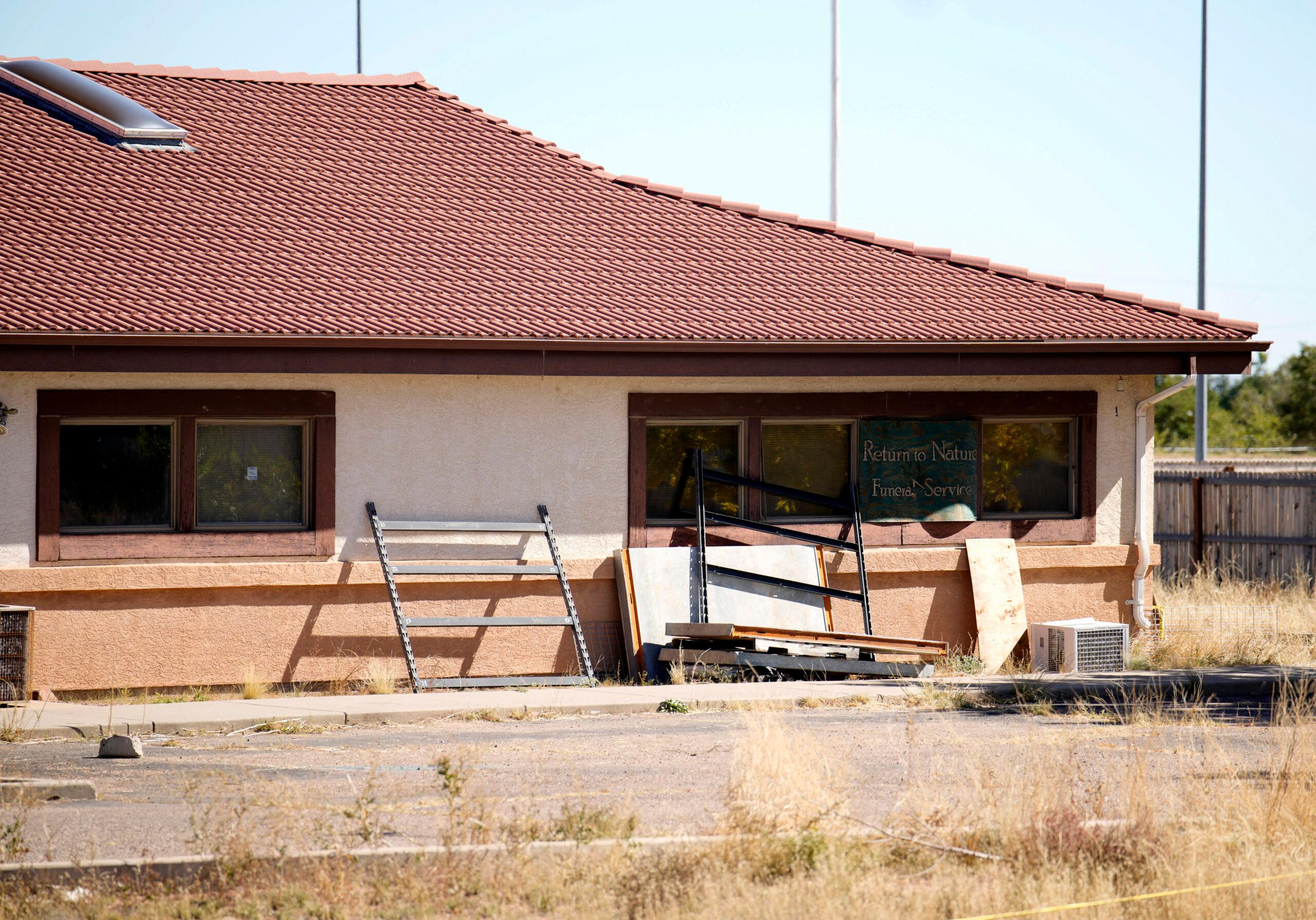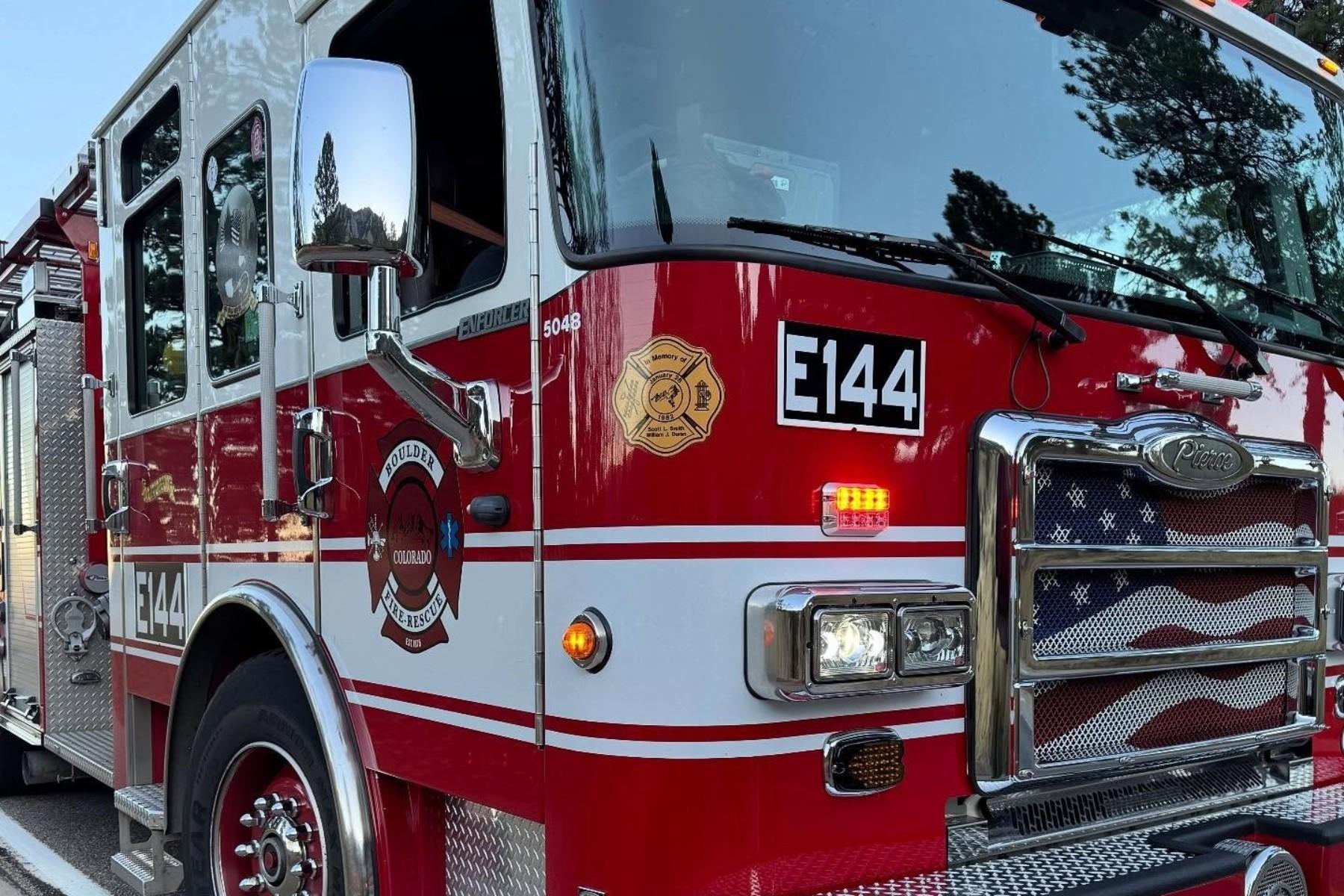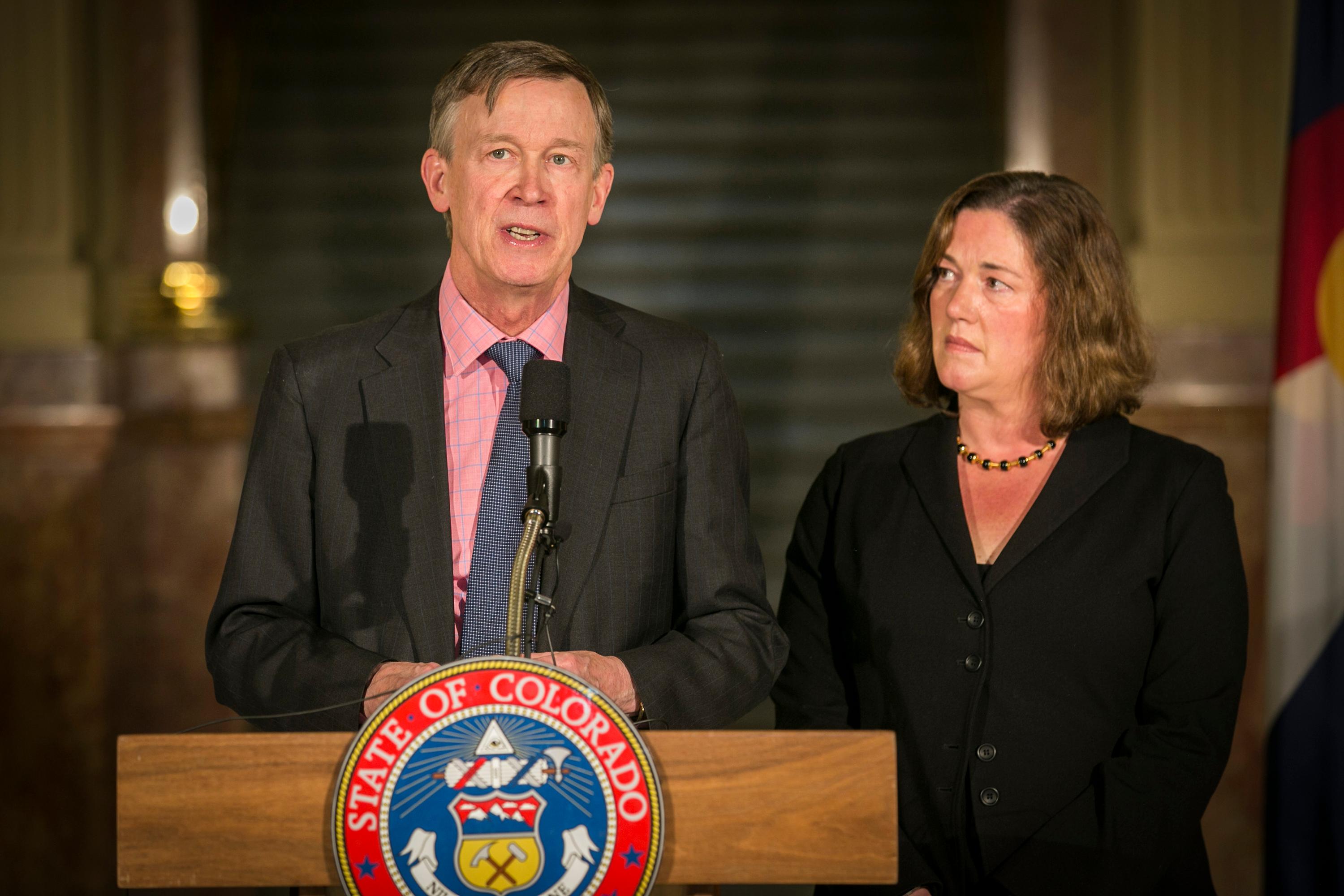
Amendment K would move deadlines for submission of citizen initiative petitions up by a week. The new timetable would also apply to referendum petitions and to the Declaration of Intent judges and justices must file to run for retention.
Amendment K would also mean that the legislature’s nonpartisan research arm would publish the title and text of ballot measures a month earlier than provided by current law.
Because the proposal would amend the state constitution it must be approved by 55 percent of voters.
Here’s the language you’ll see on your ballot:
Shall there be an amendment to the Colorado constitution concerning the modification of certain deadlines in connection with specified elections?
How would Amendment K work?
It takes around 125,000 valid signatures to get an initiative on the statewide ballot. The state constitution currently requires those petitions to be submitted to the Secretary of State at least three months before the general election (this year that date was Aug. 5). The new deadline would be three months and one week before the election. The same would hold true for Declarations of Intent from judges and justices seeking retention.
When it comes to referendum petitions — these are efforts to ask Colorado voters to overturn a law passed by the state legislature — signatures are due within 90 days of the end of the legislative session. The amendment would require submission within 83 days of adjournment.
The amendment also changes the timeline for public notice of statewide ballot questions. The legislature’s non-partisan research arm is required to publish the text and title of ballot measures in newspapers around the state at least 15 days before the election. If Amendment K passes, they’ll have to publish at least 45 days before the vote.
Who’s for Amendment K?
The legislature referred Amendment K to the ballot nearly unanimously; there was no opposition in the senate and just a single no vote in the House.
Sponsors said these changes were requested by county clerks who want more time to prepare increasingly long and complex ballots.
In legislative committee hearings, several clerks testified that they often have to prepare many different ballots tailored to the special districts, school districts and other jurisdictions in which their voters live. With ballots becoming increasingly complicated, they said the current deadlines require employees to work overtime to perform required tests and ensure accuracy to get everything done on time.
The clerks said the extra seven days will allow them to do their work better and more efficiently and will ultimately increase voter faith in the process.
Who’s against Amendment K?
The only no vote in the legislature came from Rep. Ron Weinberg, a Loveland Republican. The Secretary of State’s website lists no organizations opposed to the measure. However, some groups that see the ballot as an important way for the public to shape policy warn that even a week less time for collecting signatures makes that process harder.
In an op-ed published by the Colorado Springs Gazette, conservative commentator Mike Rosen noted that Democrats currently control the governor’s office and both houses of the legislature, leaving the initiative process as the only tool for conservative citizens to shape policy. “Amendment K excessively squeezes the time citizens have to collect signatures and file petitions,” Rosen wrote.









